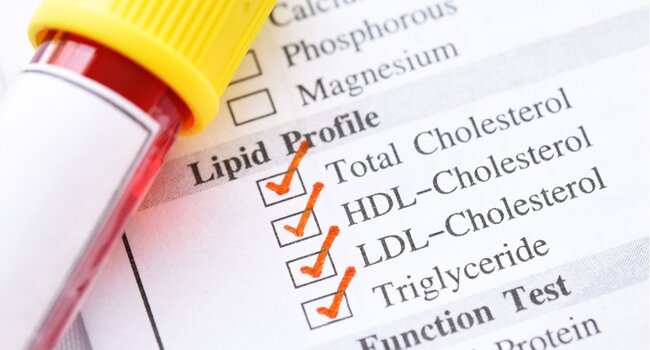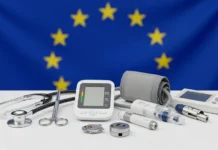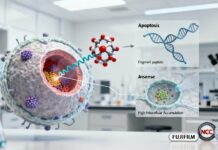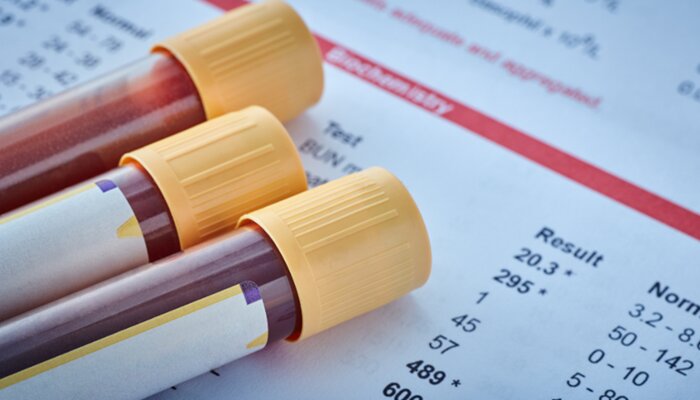Blood tests are an essential part of modern healthcare, providing critical insights into a person’s health. In Singapore, where access to advanced medical facilities is readily available, understanding the various types of blood tests and their purposes can help individuals make informed health decisions. Whether you are going for a routine health screening or need specific tests for medical concerns, knowing what to expect can empower you to manage your health more effectively.
Why Are Blood Tests Important?
Blood tests serve a range of purposes, from diagnosing conditions to monitoring ongoing treatments. They offer a non-invasive way to detect illnesses, track organ function, assess risk factors for various diseases, and evaluate how well your body responds to treatments. In Singapore, comprehensive blood testing services are readily available at many clinics and hospitals to cater to diverse patient needs.
Common Types of Blood Tests in Singapore
Here are some of the most commonly sought-after blood tests and what they reveal:
1. Complete Blood Count (CBC)
CBC is a commonly ordered blood test that evaluates red and white blood cells, platelets, haemoglobin, and haematocrit levels. It is useful for diagnosing anaemia, detecting infections, and identifying certain blood cancers. Abnormal results can indicate issues ranging from vitamin deficiencies to serious conditions like leukaemia, providing valuable insights for those with unexplained fatigue or frequent infections.
2. Lipid Profile

Lipid-profile tests are crucial for assessing cardiovascular health. This test measures cholesterol levels, including total cholesterol, HDL (good cholesterol), LDL (bad cholesterol), and triglycerides. Monitoring these levels is essential for heart health and can help identify risk factors for cardiovascular diseases. A lipid profile can also be used to monitor the effectiveness of treatments like statins or lifestyle changes.
3. Liver Function Test
A liver function test evaluates liver performance by measuring enzyme levels, proteins, and other substances involved in detoxification and protein synthesis. Elevated enzyme levels, including alanine transaminase (ALT) and aspartate transaminase (AST), can indicate liver damage or diseases like hepatitis or cirrhosis. This test is particularly useful for those with symptoms of liver dysfunction or those at risk of liver disease.
4. Kidney Function Test
A kidney function test helps determine how effectively the kidneys are filtering waste from the blood. These tests often measure creatinine, urea, and the estimated glomerular filtration rate (eGFR). Early detection of kidney issues through these tests is vital, especially for individuals with conditions such as diabetes or high blood pressure that can adversely affect kidney health.
5. Thyroid Function Test
Thyroid Function Test measures the levels of hormones like thyroxine (T4) and thyroid-stimulating hormone (TSH) to assess thyroid health. The thyroid gland plays a significant role in regulating metabolism and energy levels. Abnormal results may indicate conditions such as hyperthyroidism (overactive thyroid) or hypothyroidism (underactive thyroid), both of which can have wide-ranging effects on energy, weight, and overall health.
6. HbA1c Test
The HbA1c test is particularly valuable for those at risk of or managing diabetes. Unlike standard blood glucose tests that capture a single point in time, the HbA1c test reflects average blood sugar levels over the past three months. This broader overview makes it essential for diagnosing diabetes and evaluating long-term blood sugar control to guide treatment plans and lifestyle adjustments.
7. Specialised Blood Tests

Specialised blood tests go beyond general screenings to focus on specific conditions or deficiencies. For example, tumour marker tests detect proteins or substances from cancer cells, aiding in early detection and monitoring treatment, with the Prostate-Specific Antigen (PSA) test commonly used for prostate cancer screening. Allergy blood tests identify specific allergens by measuring IgE antibody levels, enabling personalised management plans with avoidance strategies or targeted treatments.
What to Expect During a Blood Test
Blood tests are usually straightforward procedures. Here’s a general outline of what to expect:
- Preparation: Some tests, such as a lipid profile or fasting blood glucose test, may require fasting. Your doctor will inform you of any specific preparations needed.
- Procedure: A healthcare professional will draw blood, typically from a vein in your arm. The process takes only a few minutes and is minimally invasive. The sample is then sent to a laboratory for testing.
- Results: Depending on the type of test, results may be available on the same day or could take a few days.
Understanding the types and purposes of blood tests empowers you to take control of your health. With comprehensive blood testing services readily available in Singapore, you have the resources to make informed decisions about your well-being. Whether for routine screenings or addressing specific health concerns, being proactive and informed about blood tests can lead to timely interventions and better health management.


















